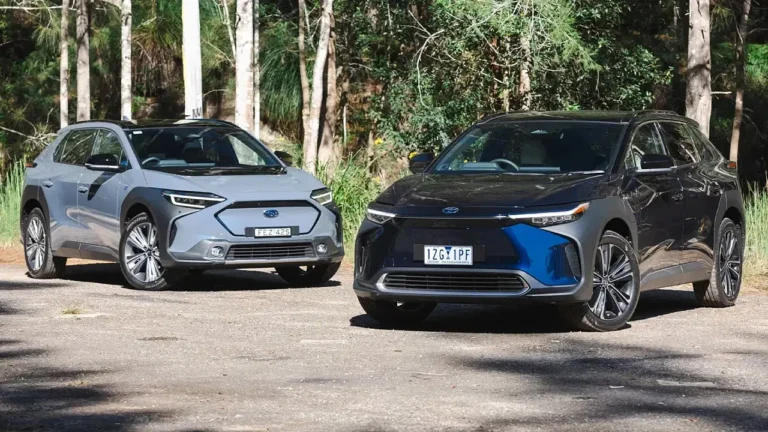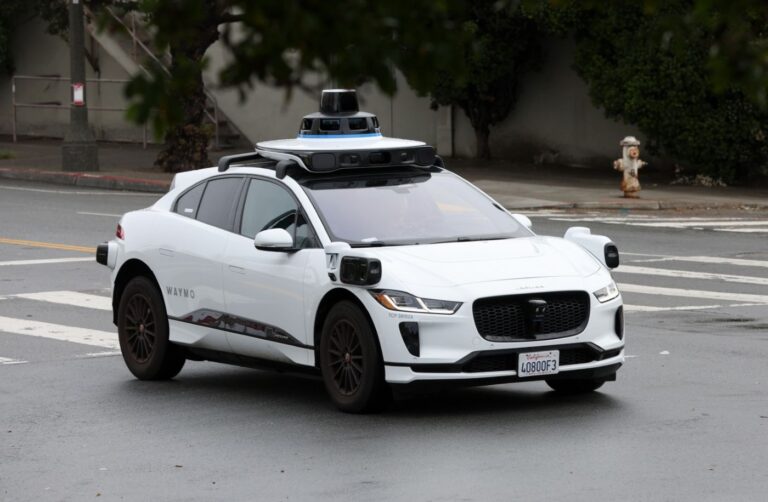Tesla is recalling almost all its U.S.-sold vehicles due to insufficiently sized warning lights on the instrument panel.
The National Highway Traffic Safety Administration (NHTSA) announced the recall of approximately 2.2 million vehicles on Friday. This move highlights intensified scrutiny of the electric car manufacturer. In a related development, NHTSA upgraded an ongoing 2023 investigation into Tesla’s steering issues to an engineering analysis, a step closer to a potential recall.
According to documents released by NHTSA, the warning light issue will be addressed via an online software update. The recall encompasses the 2012–2023 Model S, 2016–2023 Model X, 2017–2023 Model 3, 2019–2024 Model Y, and the 2024 Cybertruck. The agency noted that the brake, park, and antilock brake warning lights use fonts smaller than required by federal safety standards, which could impair readability and increase crash risk.
Tesla has already started rolling out the software update, and vehicle owners will receive notification letters beginning March 30. The issue was identified during a routine safety compliance audit conducted by NHTSA on January 8.
Tesla has reported three warranty claims potentially linked to this problem but no known crashes or injuries.

Tesla’s Stock Performance and Recent Recalls
Tesla’s shares, which have been on a downward trend since July, dropped an additional 2.7% in early trading Friday, hitting their lowest point since May of last year. This decline followed the company’s disappointing fourth-quarter earnings report.
In December, NHTSA compelled Tesla to recall over 2 million vehicles to address issues with its Autopilot system. The recall aimed to fix a malfunctioning driver-monitoring system that failed to ensure drivers remained attentive while using the Autopilot’s partially automated driving feature. Documents revealed that the update would enhance warnings and alerts to encourage driver attentiveness.
This recall stemmed from a two-year investigation into a series of crashes involving Tesla’s Autopilot system, including some fatal incidents. NHTSA found that Autopilot’s monitoring system, which detects driver hand placement on the steering wheel, could allow misuse and failed to adequately ensure driver engagement.
While the recall is seen as a step forward, safety experts argue it does not address Autopilot’s core limitation: its inability to recognize and react to stationary vehicles. Tesla states on its website that its Autopilot and “Full Self-Driving” systems cannot operate the vehicle independently, emphasizing that drivers must remain ready to intervene at all times.

China Recalls and Additional Investigations
In January, Tesla issued another recall affecting more than 1.6 million vehicles in China due to issues with automatic steering assist and door latch controls. The State Administration for Market Regulation in China announced that Tesla would use remote software updates to address these problems. The steering assist function reportedly risked misuse, potentially increasing the likelihood of accidents, while the door latch recall impacted 7,538 vehicles and aimed to prevent doors from opening during collisions.
Tesla was the top global electric vehicle seller last year, though Chinese automaker BYD surpassed it in the fourth quarter, dominating the growing Chinese EV market.
Steering Complaints and Investigation Upgrade
NHTSA’s investigation into Tesla’s steering problems also escalated on Friday, affecting over 334,000 vehicles. This inquiry was initiated in July following 12 consumer complaints regarding steering control loss in 2023 Model Y and Model 3 vehicles. Since then, the agency has received 115 complaints, supplemented by 2,176 additional reports from Tesla.
Drivers reported experiencing loss of steering control, often accompanied by warnings about reduced or disabled power-assisted steering. Some drivers noted an inability to turn the wheel, while others said turning required excessive effort. In one instance, a driver reported being unable to complete a turn, resulting in a collision with another vehicle.
The complaints predominantly described incidents occurring at speeds between 5 mph and 35 mph, though one report noted a loss of control at 75 mph. Over 50 vehicles were towed due to these issues. NHTSA is investigating potential steering rack failures as the root cause of the problem.
A message requesting comment from Tesla was left on Friday, but the company has not yet responded.



